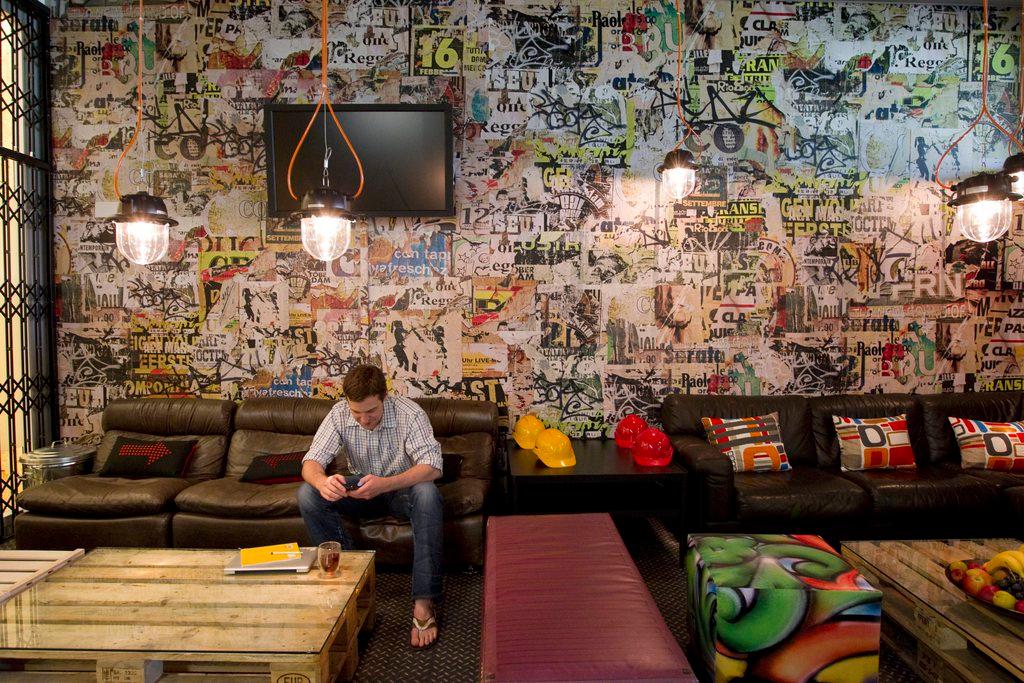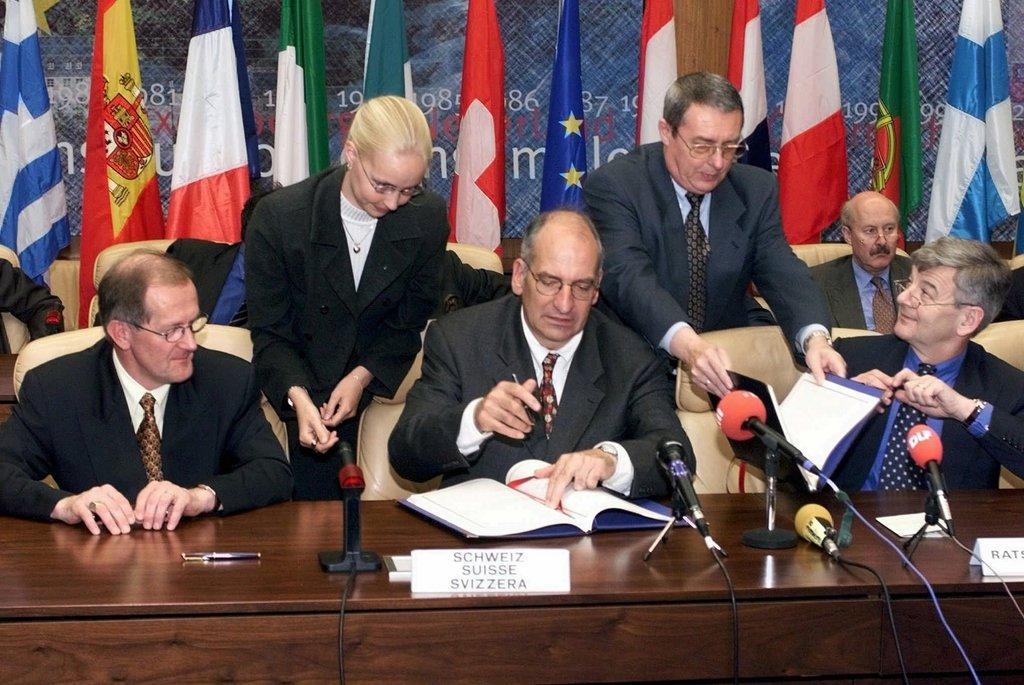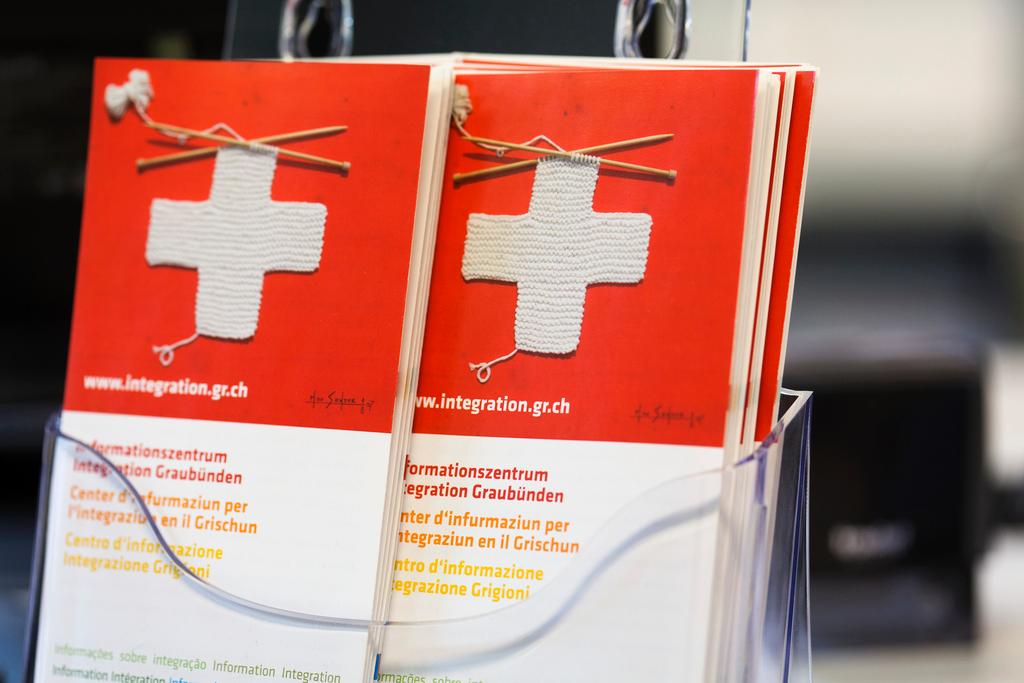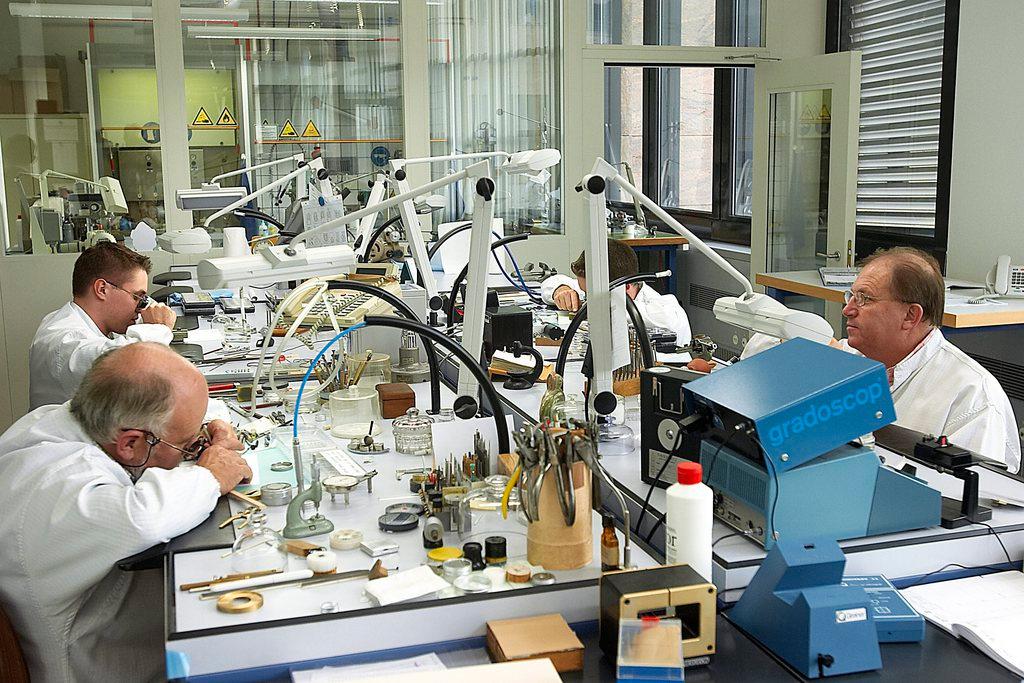Cantons demand higher quotas for non-EU skilled workers

The economic ministers from three of Switzerland’s most prosperous cantons – Basel City, Geneva and Zurich – are calling for more skilled workers from non-European Union states to be allowed to come and work.
The cantonal economic directors from the three regions have issued a joint demand to the federal government to raise the number of residence permits and work permits for specialists from non-EU states from 6,500 to at least 8,500 a year. This limit was imposed in 2015 following an anti-immigration vote.
“The quota system is a competitive disadvantage for the Swiss economy,” Geneva’s economics minister Pierre Maudet told NZZ am Sonntag newspaper on Sunday.
The officials warn that large Swiss-based firms may transfer activities and projects abroad to countries like Germany or Singapore if they cannot recruit sufficient numbers of skilled workers from outside the EU.
The directors issued their demand as the authorities and businesses continue to grapple with the consequences of the anti-immigration referendum result of February 9, 2014.
That day, 50.3% of Swiss voters approved a proposal by the conservative right Swiss People’s Party to re-introduce immigration quotas for EU citizens, as well as a national preference when filling job vacancies. It also stipulates that Switzerland will have to renegotiate its bilateral accord with the EU on the free movement of people within three years or revoke it.
Switzerland is not part of the EU but has signed various bilateral agreements with the 28-nation bloc, including on free movement of labour, partly to ensure its access to European markets.
Home-grown workforce
Following the vote, the government also decided to lower the quotas for skilled workers from outside the EU and European Free Trade Area (EFTA) zone from January 1, 2015, in an attempt to improve the potential of the home-grown workforce.
Swiss companies were limited to a total of 6,500 specialists from third countries outside the EU and EFTA. The government has allowed for 4,000 short-stay permits and 2,500 B permits (a five-year residence permit granted to people who have an unlimited employment relationship or a job lasting at least 12 months). Quotas for both permits have been reduced by 1,000 each.
There was also a reduction in the maximum number of service providers from the EU and ETFA (including Norway, Iceland and Liechtenstein) who can come to Switzerland for a duration of more than 90 or 120 days – and to whom the free movement agreement does not apply.
The cabinet said that the reduction was intended to create an incentive for Swiss companies to make more effective use of the Swiss workforce.
It was the first time in four years that the government changed work quotas. In 2011, it raised limits from 7,000 to 8,500.

In compliance with the JTI standards
More: SWI swissinfo.ch certified by the Journalism Trust Initiative




You can find an overview of ongoing debates with our journalists here. Please join us!
If you want to start a conversation about a topic raised in this article or want to report factual errors, email us at english@swissinfo.ch.